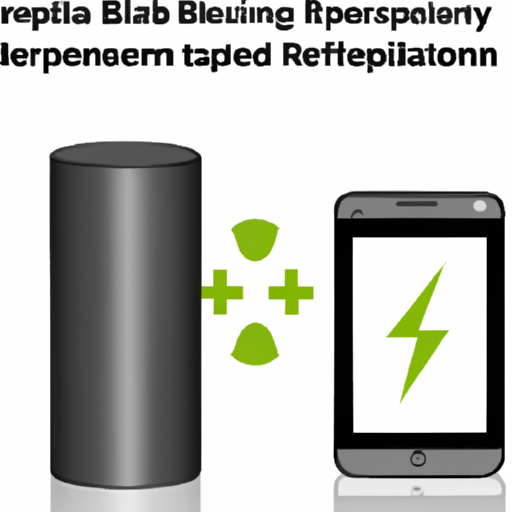Application Development in Rechargeable Batteries (Secondary) for BR1216: Key Technologies and Success Stories
Developing applications for rechargeable batteries, particularly for a specific type like the BR1216, requires a comprehensive understanding of the underlying technologies and successful implementations in various sectors. The BR1216 is a lithium-ion battery commonly used in consumer electronics, medical devices, and other applications. Below is an overview of key technologies and notable success stories in the field of rechargeable batteries.
Key Technologies
| 1. Lithium-Ion Chemistry | |
| 2. Battery Management Systems (BMS) | |
| 3. Fast Charging Technologies | |
| 4. Solid-State Batteries | |
| 5. Recycling and Sustainability | |
| 6. Smart Battery Technologies | |
| 1. Consumer Electronics | |
| 2. Electric Vehicles (EVs) | |
| 3. Medical Devices | |
| 4. Renewable Energy Storage | |
| 5. Smartphones and Laptops | |
Success Stories
Conclusion

The development of applications for rechargeable batteries like the BR1216 is driven by advancements in battery chemistry, management systems, and sustainability practices. Success stories across various industries underscore the importance of innovation in battery technology, leading to improved performance, safety, and user experience. As the demand for energy-efficient and sustainable solutions continues to grow, the focus on rechargeable battery technology will likely expand, paving the way for new applications and opportunities in the future.
Application Development in Rechargeable Batteries (Secondary) for BR1216: Key Technologies and Success Stories
Developing applications for rechargeable batteries, particularly for a specific type like the BR1216, requires a comprehensive understanding of the underlying technologies and successful implementations in various sectors. The BR1216 is a lithium-ion battery commonly used in consumer electronics, medical devices, and other applications. Below is an overview of key technologies and notable success stories in the field of rechargeable batteries.
Key Technologies
| 1. Lithium-Ion Chemistry | |
| 2. Battery Management Systems (BMS) | |
| 3. Fast Charging Technologies | |
| 4. Solid-State Batteries | |
| 5. Recycling and Sustainability | |
| 6. Smart Battery Technologies | |
| 1. Consumer Electronics | |
| 2. Electric Vehicles (EVs) | |
| 3. Medical Devices | |
| 4. Renewable Energy Storage | |
| 5. Smartphones and Laptops | |
Success Stories
Conclusion

The development of applications for rechargeable batteries like the BR1216 is driven by advancements in battery chemistry, management systems, and sustainability practices. Success stories across various industries underscore the importance of innovation in battery technology, leading to improved performance, safety, and user experience. As the demand for energy-efficient and sustainable solutions continues to grow, the focus on rechargeable battery technology will likely expand, paving the way for new applications and opportunities in the future.













